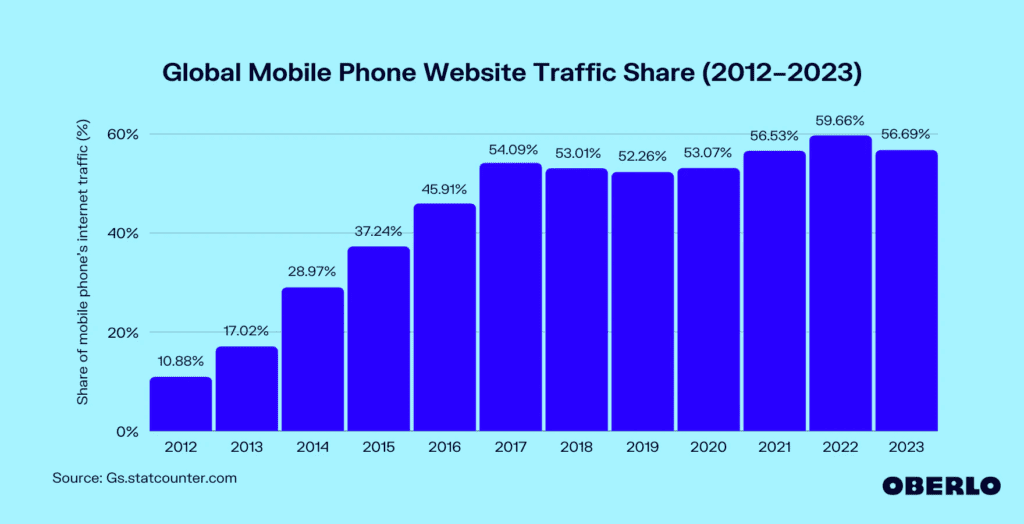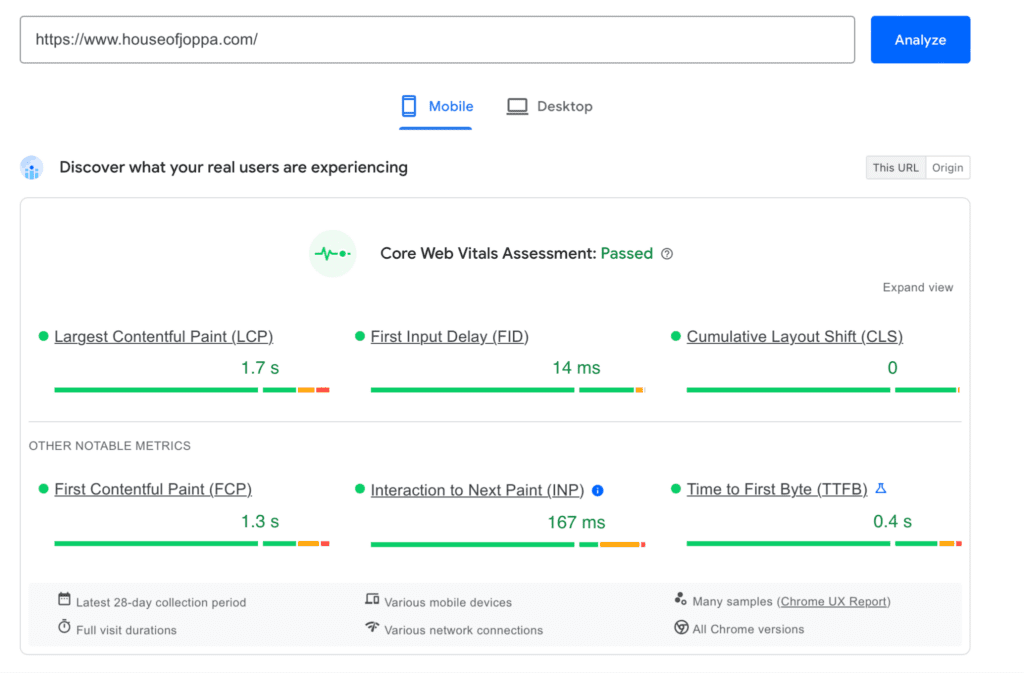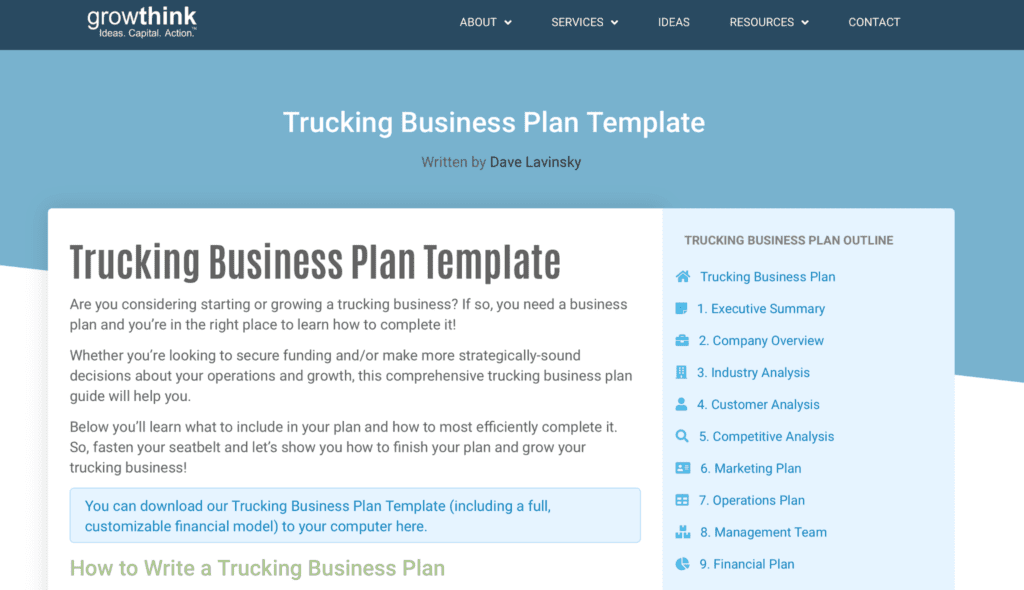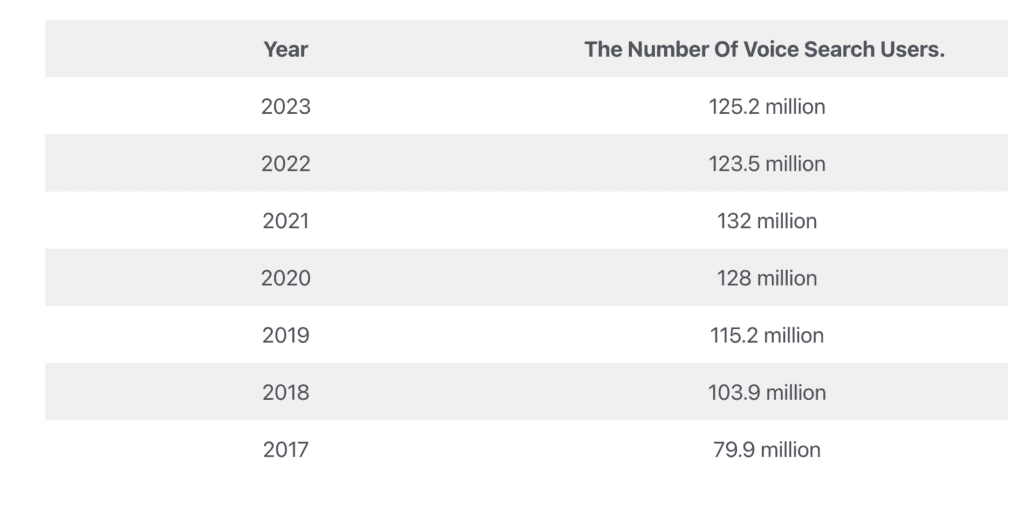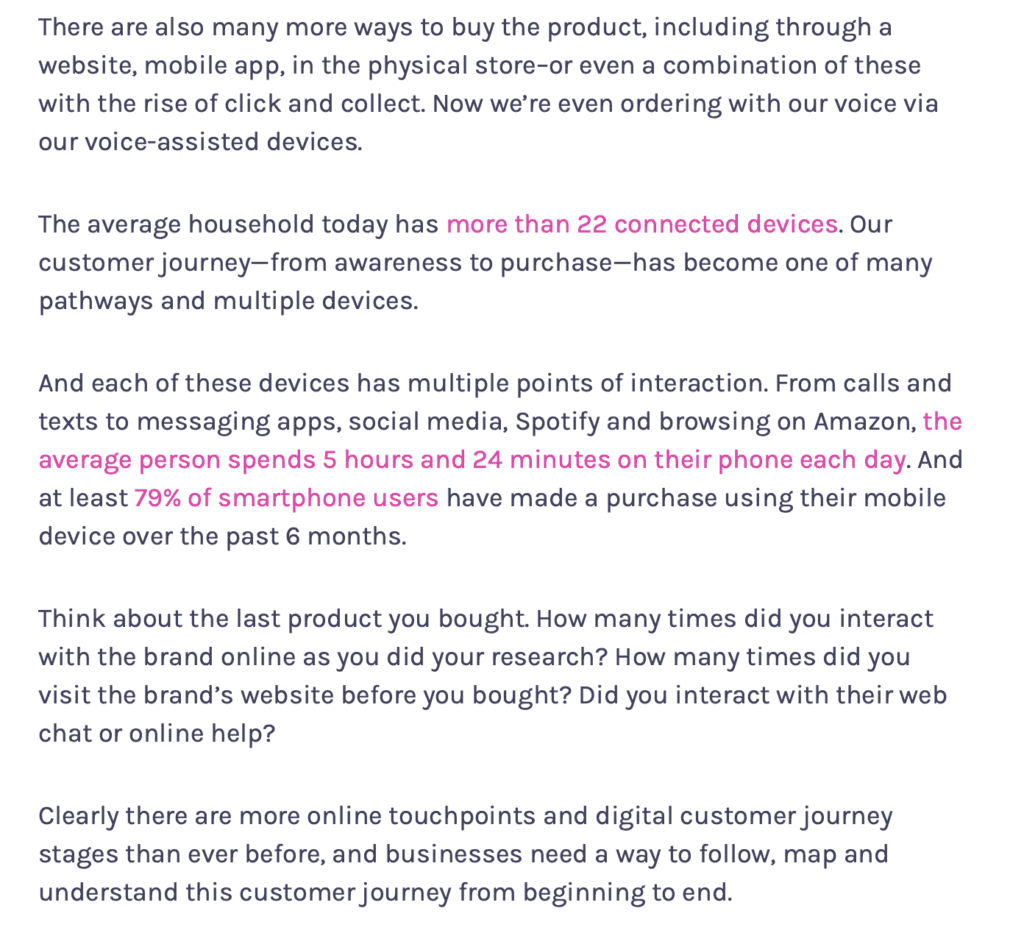AI SEO: How To Do SEO in the Age of AI
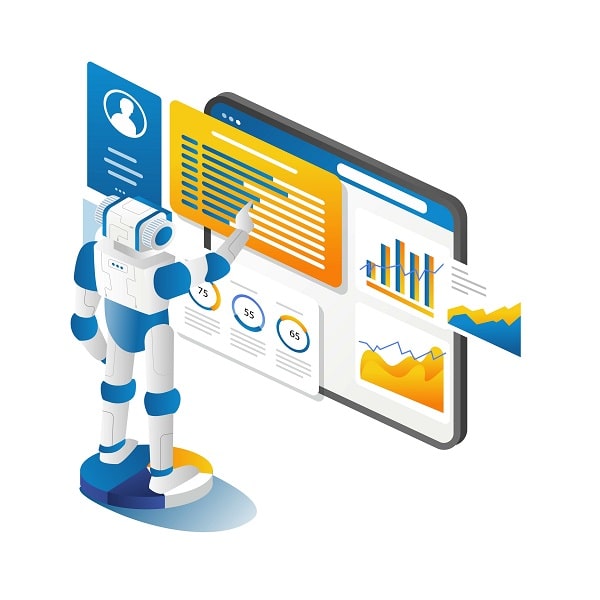
Search engine optimization (SEO) is a tried-and-true practice for businesses (in any industry) that want to enhance their visibility online and drive organic traffic back to their website.
Since artificial intelligence (AI) took the world by storm, SEO has changed dramatically, and understanding the future of SEO with AI-powered tools is important if you want to appear high on search rankings.
Understanding the Overlap of SEO and AI
To create high-quality content in the age of AI, you need to know how SEO has evolved and how AI has played a role in shaping its current state.
The Evolution of SEO and AI
Traditionally, SEO has focused on two main aspects:
Keyword Optimization
The goal here is to ensure your website content has a healthy representation of the words and phrases people use when searching on Google, Bing, and the like.
So, if you sell luxury chocolates, your website’s content would need careful placements of phrases that people use to search for luxury chocolates.
The basic premise is that the better a website is optimized for the right keywords, the better the chance it’ll have to appear higher on the search engine results page (SERP).
Link Building
According to a study by uSERP, 67.5% of SEOs agree that backlinks significantly impact search engine rankings.
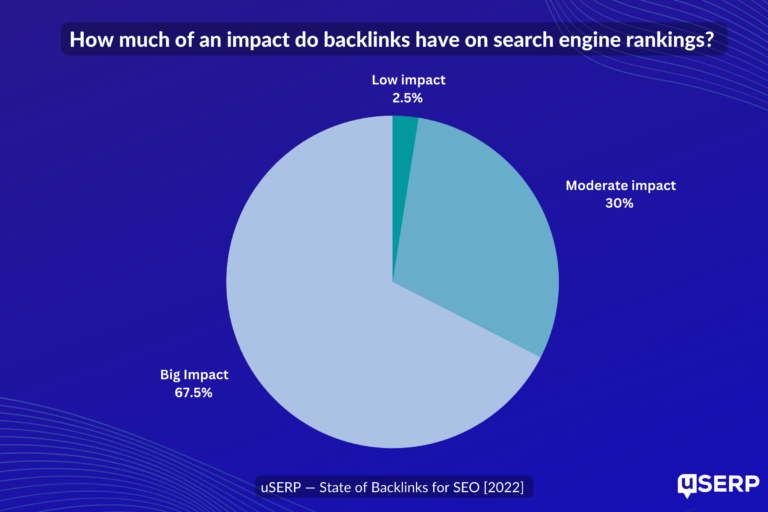
Pie chart showing that 67.5% of SEOs agree that backlinks have a big impact on search engine rankings
In other words, it’s crucial to have internal links between your website pages and have links to your website placed on other people’s websites.
The more links there are, and provided the linked websites have a healthy domain authority (DA) — meaning they’re reputable — the higher your website will appear on SERPs.
With the rise of AI, search engines have become smarter in understanding user search intent, delivering more relevant search results, and penalizing any site trying to game the system.
As search engines evolved, so did the strategies used by SEO professionals. They had to adapt to changing algorithms and incorporate AI-driven techniques to stay ahead of the competition.
What does this mean? Understanding how AI works is more important than ever, so you can use it to your competitive advantage and lead the pack in an ever-changing industry.
The Role of AI in the Modern SEO Industry
Machine learning algorithms analyze vast amounts of data to understand user behavior and provide personalized search results. Sounds like an SEO’s dream come true.
So why not tap into the power of this technology, adapt your SEO strategies, and use this processing power to your advantage?
To do that, you need to peel back the curtain and fully understand AI’s role in the SEO world. Let’s take a closer look.
Natural Language Processing
One of the key ways AI has impacted SEO is through natural language processing (NLP).
Search engines are evolving and can now understand the context and meaning behind search queries, allowing them to deliver more accurate results.
Let’s say an online business sells healthy snacks for people trying to lose weight. Previously, you might have focused on keywords like “low-calorie desserts” or “healthy snacks” to optimize your content.
However, with NLP, this approach needs to evolve.
Now, when a user searches for “healthy evening snacks for weight loss,” the search engine, powered by NLP, understands not just the individual words but the context and intent behind the query.
For example, here’s the traditional SERP for the keyword “healthy evening snacks for weight loss.”

Screenshot of SERP for the keyword “healthy evening snacks for weight loss” with no generative AI results.
Here’s the generative AI search for the same keyword.
It recognizes that the user is looking for snack options suitable for consumption in the evening and beneficial for weight loss.

Screenshot of SERP for the keyword “healthy evening snacks for weight loss” with generative AI results.
So, you’d need to create content that directly addresses user intent and context to adapt to this change.
User Behavior Analysis
Machine learning algorithms also know how to analyze user behavior.
Search engines can track user interactions, such as time spent on a page and click-through rates, to determine the relevance and quality of a website.
Additional things need to be considered to improve SEO, some of which go beyond content quality. These include:
Site Speed and Content Relevance
If people are visiting your page but exiting almost immediately (known as a bounce rate), it could indicate your website content is irrelevant or your pages don’t load quickly enough.
Mobile-Friendliness
In 2023, over half of traffic came through mobile devices, so search engines pay attention to mobile friendliness.
You can run a quick test PageSpeed Insights from Google developers and see where you should improve for a better mobile experience.
The results tell you that the Core Web Vitals Assessment test is passed, like the example below from analyzing House of Joppa.
An Easy and Logical Navigation Structure
Search engines have learned how to think logically regarding website navigation. For example, it knows that the rational structure of a website should be:
- Home
- About
- Blog posts
- Products
- Product categories
- Product filters
- FAQs
- Contact us
A website breaking the rational structure can indicate user-non-friendliness, which marks down a website.
Here’s an example from Growthink and their template page for a trucking company business plan. As you can see, the top bar menu is clear and easily findable. The page itself is also easy to read, the information you are looking for can be found on the right menu or in the FAQ at the bottom.
Voice Search
Voice search is used by 50% of people worldwide and has become increasingly popular with the increasing demand for virtual assistants like Siri and Alexa.
When you write a blog for your website, you must consider voice search queries in addition to text-based ones — because the way we speak differs from how we type.
In other words, you’ll need to target more conversational and long-tail keywords like “How can I fix a leaking faucet” vs. “fix leaking faucet.” Otherwise, users won’t be able to find your content on these devices.
Essential SEO Strategies for the AI Era
At this point in the article, it’s clear that optimizing your website with AI in mind is the path to a successful SEO strategy. Here are two simple strategies to keep in your back pocket.
Keyword Content Optimization in AI-Driven SEO
Relevant keywords still play a vital role in SEO. You just need to change the way you use keywords in your content.
Start by focusing on long-tail keywords. These keywords are more specific and better aligned with user intent. Here’s a simple keyword for a business in the chocolate industry.

Simple screenshot of the keyword “luxury chocolates” in Google
Here’s an example of a long-tail keyword for the same industry. It’s more specific and helps target more relevant searches.

Simple screenshot of the keyword “handmade luxury chocolates for Christmas” in Google.
Before you start keyword optimization, conduct thorough research to identify the most relevant long-tail keywords for your industry.
You can use AI-powered tools to identify target queries and related and synonymous phrases, enhancing the depth and relevance of your content.
For example, Glassbox employed a long-tail format in an article about digital customer journey, leveraging it as part of its backlinking strategy.
As a result, their content not only ranks for a broader range of search terms but also attracts a larger readership, showcasing the power of AI in optimizing online visibility and engagement.
Once you have your keywords, you can’t simply stuff your content with them. Focus on creating high-quality, informative content that naturally incorporates your target keywords.
This becomes a breeze with content optimization tools like SurferSEO, which employ AI-driven insights to fine-tune your on-page elements for peak performance. From automating keyword research to tracking search engine rankings and predicting trends, AI empowers SEO professionals to work smarter, not harder.
Importance of Mobile-First Indexing
As mentioned, search engines like websites optimized for mobile devices.
Mobile-first indexing prioritizes the mobile version of a website for indexing and search engine rankings.
When optimizing your website for mobile-first indexing, several factors should be considered to promote a positive user experience, including:
- General experience elements include clear and easy-to-use navigation, readable font sizes, and touch-friendly buttons.
- Incorporating practices like compressing images, which prevent slow load times.
- Ensuring your website pages adjust based on the device’s screen size.
AI-Powered Tools to Improve Your SEO Efforts
AI offers advanced tools to analyze various SEO metrics and provide actionable recommendations.
For instance, AI algorithms can analyze keyword data and identify the most relevant and high-performing keywords for a particular website’s niche.
AI tools can also analyze backlink profiles and identify opportunities for acquiring high-quality backlinks. As mentioned at the beginning, you want your site linked to authoritative and niche-relevant websites to rank higher.
Moreover, AI tools extend their utility beyond mere data analysis. You can even use an AI-powered proofreader to ensure the website’s content is SEO-friendly, grammatically accurate, and engaging.
You can now call on AI to help you analyze user engagement metrics, such as:
- Bounce rate
- Time spent on a page
- Click-through rate
These metrics help you identify areas where website performance can be improved.
Predictive SEO: Anticipating User Behavior With AI
One of the most exciting applications of AI in SEO is predictive SEO, which uses AI algorithms to anticipate user behavior and tailor content accordingly.
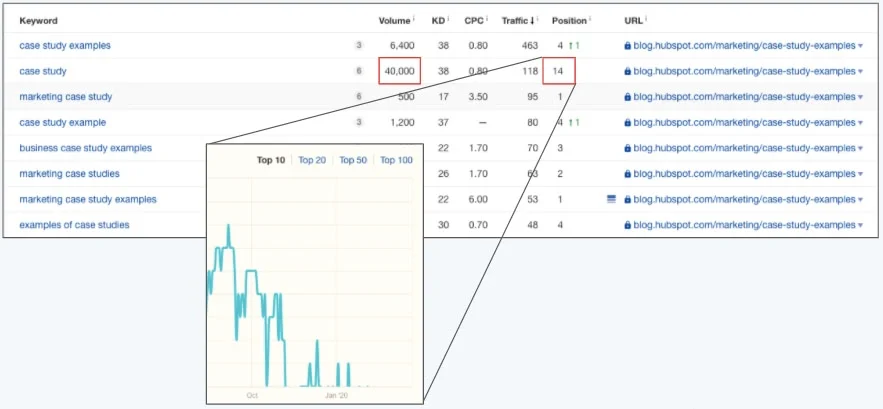
Screenshot of HubSpot predictive SEO for ranking position.
AI analyzes past user data and search patterns to give your marketing team valuable insights into what your target audience is looking for and create targeted content that resonates with them.
For example, AI algorithms can analyze search queries and identify common patterns or trends. Say you’re an online sports shoe retailer. After analyzing search queries over several months, the AI tool found a significant increase in searches for eco-friendly running shoes.
Now, you know where to focus your SEO efforts — a proactive approach that increases website hits and conversions.
By capitalizing on trends before your competitors, you sit in a highly profitable position.
Overcoming SEO Challenges in the AI Age
While AI has enhanced the effectiveness of SEO, it’s introduced new challenges. Here are two key challenges businesses face:
Navigating Algorithm Updates
Search engine algorithms are in a perpetual evolution, and keeping up with these updates can be daunting.
However, by staying informed through relevant blogs, you can minimize the impact of algorithm updates and maintain your search rankings.
Addressing AI-Generated Content Issues
AI-powered writers make generating content ideas easier and automate the entire content creation process.
However, ensuring the quality and relevance of AI-generated content is paramount.
Why? Using AI to generate content to manipulate ranking in search results violates Google’s spam policies.
If your website is caught doing just that, here’s what your organic traffic will look like. Basically, your traffic will go to zero, and your site won’t appear in the SERPs.

Screenshot provided by the author – Google Search Console screenshot on impact of organic traffic once hit by Google penalty for AI content.
In other words, your content still needs to follow Google’s EEAT guidelines, which will require the oversight of a qualified content creator as part of a predefined content strategy. Oh, and let’s not forget an AI content checker.
Don’t underestimate the power of high-quality content in an AI-content-driven world. It’ll stand tall above the rest, and you’ll reap the rewards.
Wrapping Up
AI is changing the SEO industry. The future of SEO with AI presents exciting opportunities and unique business challenges.
The evolution of search engines, driven by sophisticated AI algorithms, has shifted the focus from traditional keyword and link-building strategies to a more nuanced understanding of user intent, behavior, and experience.


